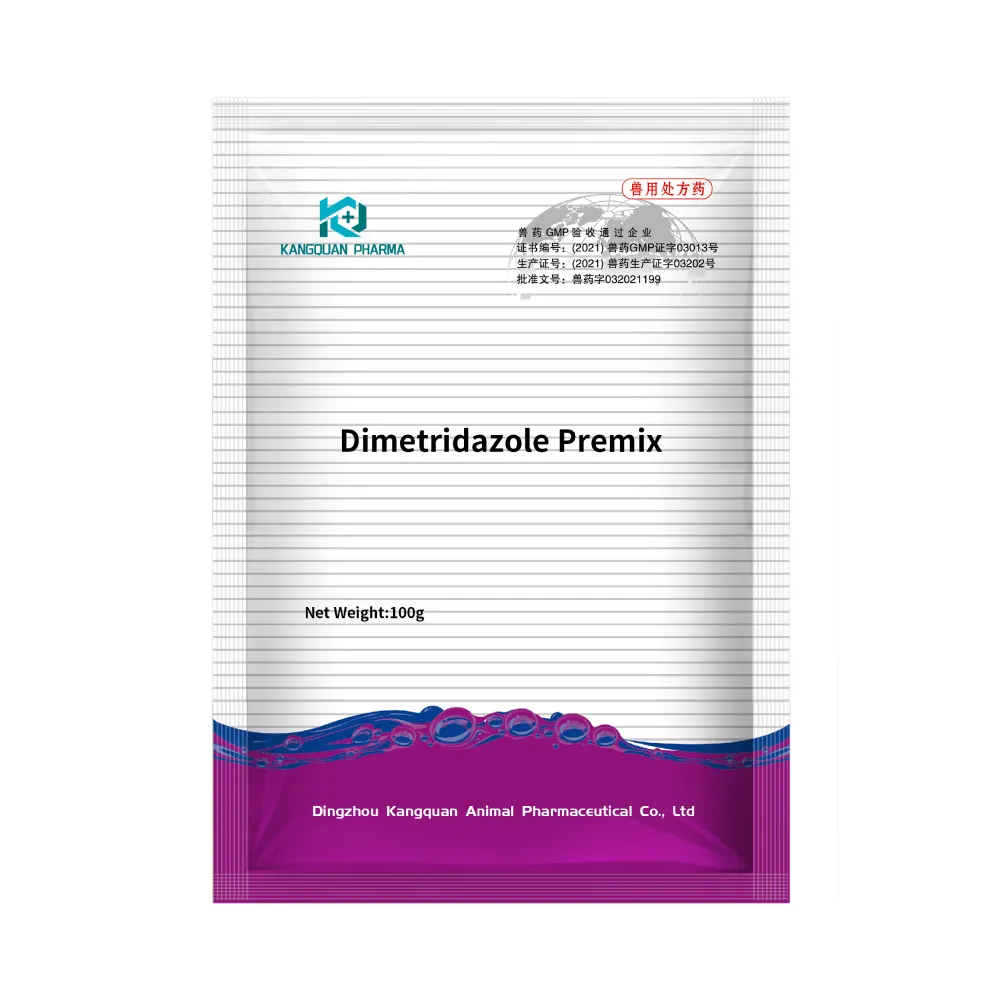- Afrikaans
- Albanian
- Amharic
- Arabic
- Armenian
- Azerbaijani
- Basque
- Belarusian
- Bengali
- Bosnian
- Bulgarian
- Catalan
- Cebuano
- Corsican
- Croatian
- Czech
- Danish
- Dutch
- English
- Esperanto
- Estonian
- Finnish
- French
- Frisian
- Galician
- Georgian
- German
- Greek
- Gujarati
- Haitian Creole
- hausa
- hawaiian
- Hebrew
- Hindi
- Miao
- Hungarian
- Icelandic
- igbo
- Indonesian
- irish
- Italian
- Japanese
- Javanese
- Kannada
- kazakh
- Khmer
- Rwandese
- Korean
- Kurdish
- Kyrgyz
- Lao
- Latin
- Latvian
- Lithuanian
- Luxembourgish
- Macedonian
- Malgashi
- Malay
- Malayalam
- Maltese
- Maori
- Marathi
- Mongolian
- Myanmar
- Nepali
- Norwegian
- Norwegian
- Occitan
- Pashto
- Persian
- Polish
- Portuguese
- Punjabi
- Romanian
- Russian
- Samoan
- Scottish Gaelic
- Serbian
- Sesotho
- Shona
- Sindhi
- Sinhala
- Slovak
- Slovenian
- Somali
- Spanish
- Sundanese
- Swahili
- Swedish
- Tagalog
- Tajik
- Tamil
- Tatar
- Telugu
- Thai
- Turkish
- Turkmen
- Ukrainian
- Urdu
- Uighur
- Uzbek
- Vietnamese
- Welsh
- Bantu
- Yiddish
- Yoruba
- Zulu
تشرینی دووەم . 08, 2024 11:55 Back to list
Can You Administer Injectable Ivermectin Orally to Dogs Safely and Effectively?
Can You Give Injectable Ivermectin Orally to Dogs?
Ivermectin is a medication that has garnered attention in veterinary medicine for its effectiveness against various parasites in animals. Primarily, it is used to treat heartworm disease, mange, and other parasitic infections in dogs. However, a common question that arises among pet owners is whether injectable ivermectin can be given orally to dogs. This article addresses this concern by examining the formulations of ivermectin, its routes of administration, potential risks, and important veterinary advice.
Ivermectin Forms and Administration
Ivermectin is available in several forms, including oral tablets, topical treatments, and injectable solutions. The injectable form is usually more concentrated and is designed to be delivered under the skin or into the muscle. Veterinary professionals typically administer injectable ivermectin in specific doses tailored to the dog's weight and health condition. This method allows for a quick and effective response against parasites.
Conversely, oral ivermectin comes in a pill form that is easier for pet owners to administer at home. The oral form is generally considered safer and more suitable for long-term use in dogs that require ongoing treatment for conditions like heartworm prevention.
Safety and Efficacy Concerns
The primary concern with giving injectable ivermectin orally to dogs lies in the medication's formulation and concentration. Injectable ivermectin is not designed for ingestion. While it may seem convenient to substitute one form for another, doing so can lead to severe dosing errors. The injectable version may contain higher dosages than the oral formulation, risking toxicity if given improperly.
Moreover, dogs metabolize drugs differently depending on how they are administered. Injectable ivermectin is absorbed faster and has an immediate effect, while oral ivermectin is metabolized over a longer period. This difference in absorption can lead to unpredictable and potentially harmful consequences when switching the route of administration without veterinary guidance.
can you give injectable ivermectin orally to dogs

Potential Toxicity
Ivermectin is generally safe for most dogs when administered at the correct dosage. However, certain breeds, especially those genetically predisposed to ivermectin sensitivity—such as Collies, Shepherds, and other herding breeds—are at a higher risk of experiencing toxic reactions, which can include neurological symptoms like tremors, seizures, and even death.
If a pet owner mistakenly administers injectable ivermectin orally, the risk of toxicity may significantly increase, especially if the dosage is not carefully monitored. Signs of ivermectin toxicity in dogs include vomiting, diarrhea, lack of coordination, and excessive drooling. In severe cases, immediate veterinary intervention may be necessary.
Veterinary Guidance is Essential
Given the complexities involved with dosing and administration forms, it’s crucial for pet owners to consult their veterinarian before making any changes to their dog's medication regimen. Veterinarians can provide valuable guidance on the appropriate type of ivermectin based on the dog's needs, as well as the proper dosage and administration method.
In many cases, veterinarians can prescribe the appropriate oral form of ivermectin specifically designed for your dog’s health condition, ensuring both safety and efficacy. This personalized approach minimizes the risks associated with improper dosing or adverse reactions.
Conclusion
In summary, while it may be tempting for pet owners to consider administering injectable ivermectin orally for convenience, this practice is unsafe and not recommended. The differences in formulation between injectable and oral forms of the drug, coupled with the risk of toxicity, make it imperative to seek professional veterinary advice. Always follow your veterinarian’s recommendations concerning parasitic treatments to ensure the healthiest outcome for your beloved canine companion. Taking the extra step to consult with a veterinary professional can make all the difference in safely managing your dog's health.
-
Guide to Oxytetracycline Injection
NewsMar.27,2025
-
Guide to Colistin Sulphate
NewsMar.27,2025
-
Gentamicin Sulfate: Uses, Price, And Key Information
NewsMar.27,2025
-
Enrofloxacin Injection: Uses, Price, And Supplier Information
NewsMar.27,2025
-
Dexamethasone Sodium Phosphate Injection: Uses, Price, And Key Information
NewsMar.27,2025
-
Albendazole Tablet: Uses, Dosage, Cost, And Key Information
NewsMar.27,2025













